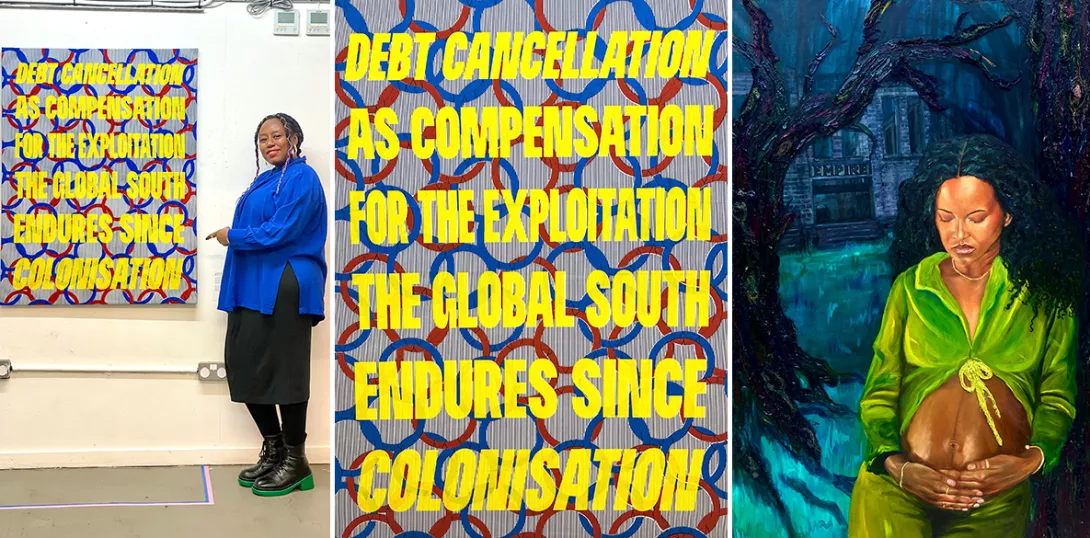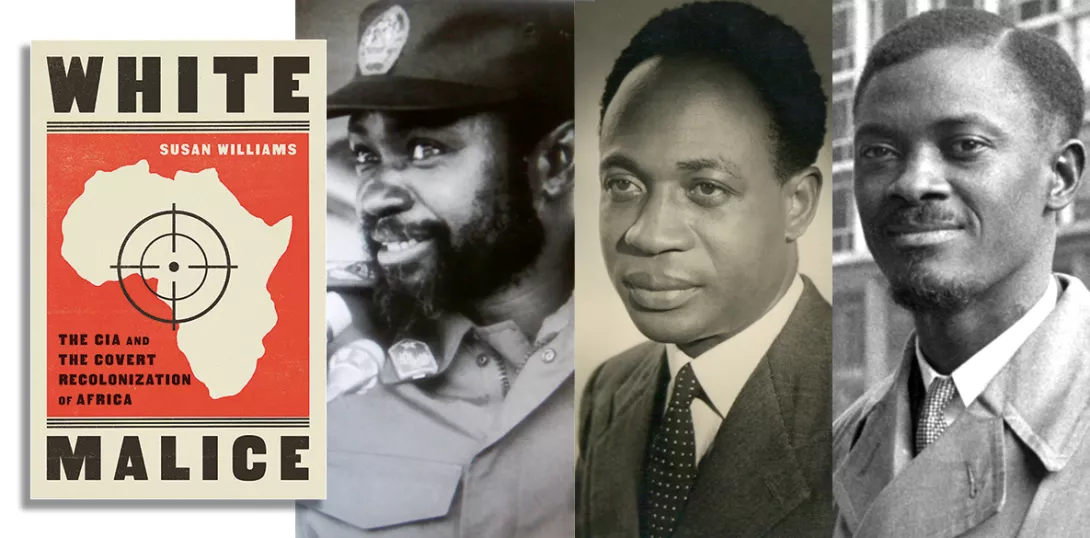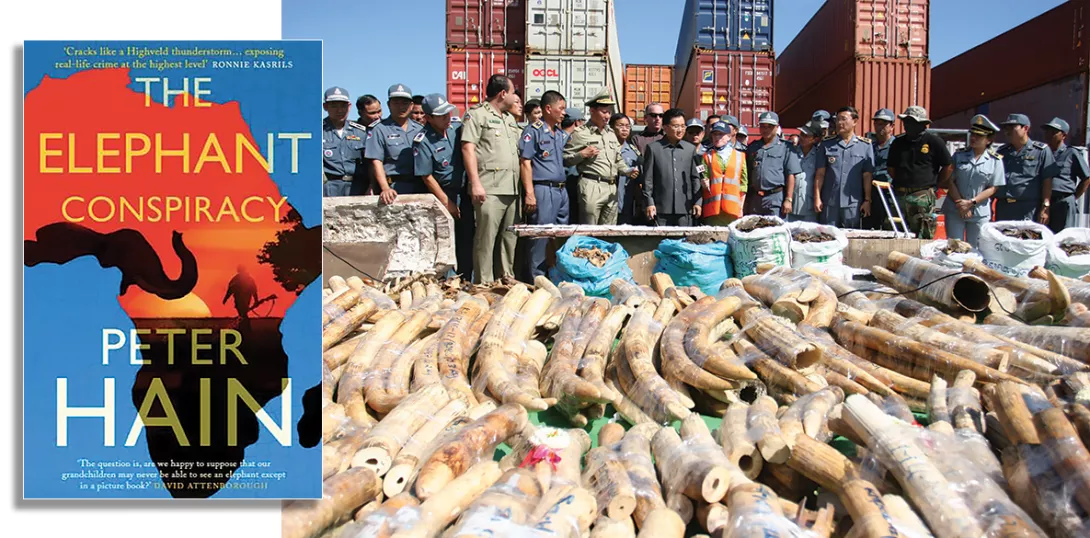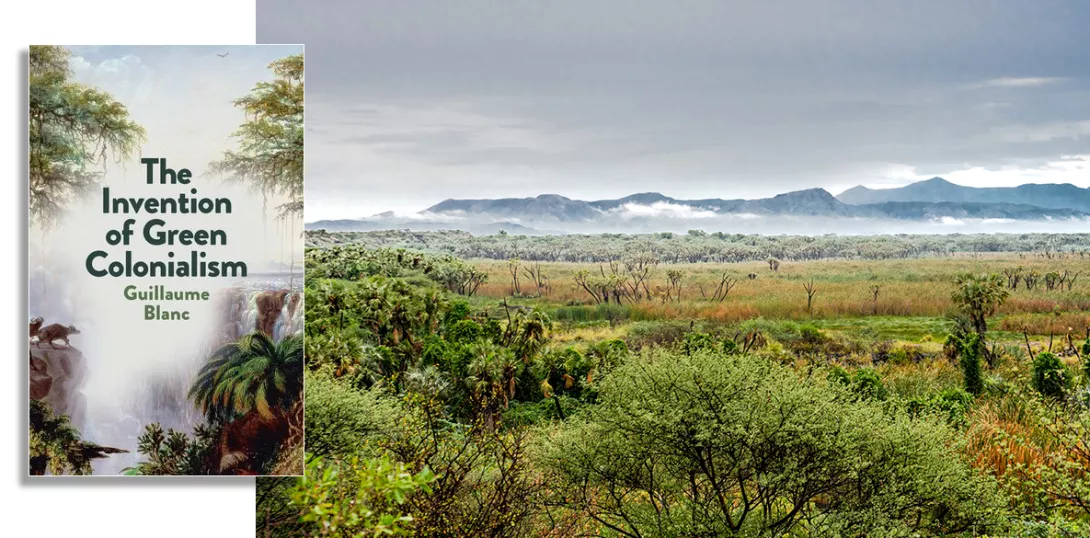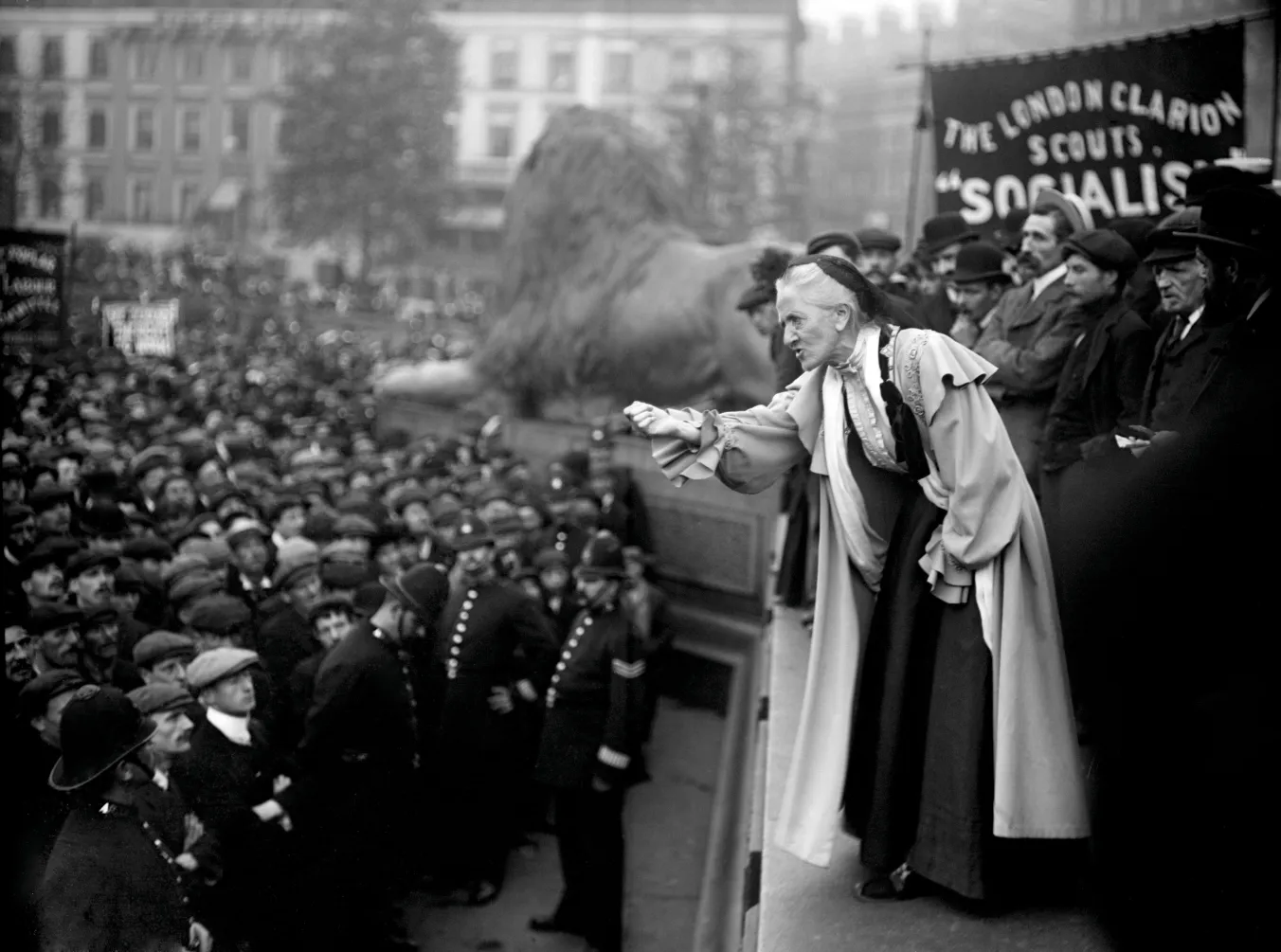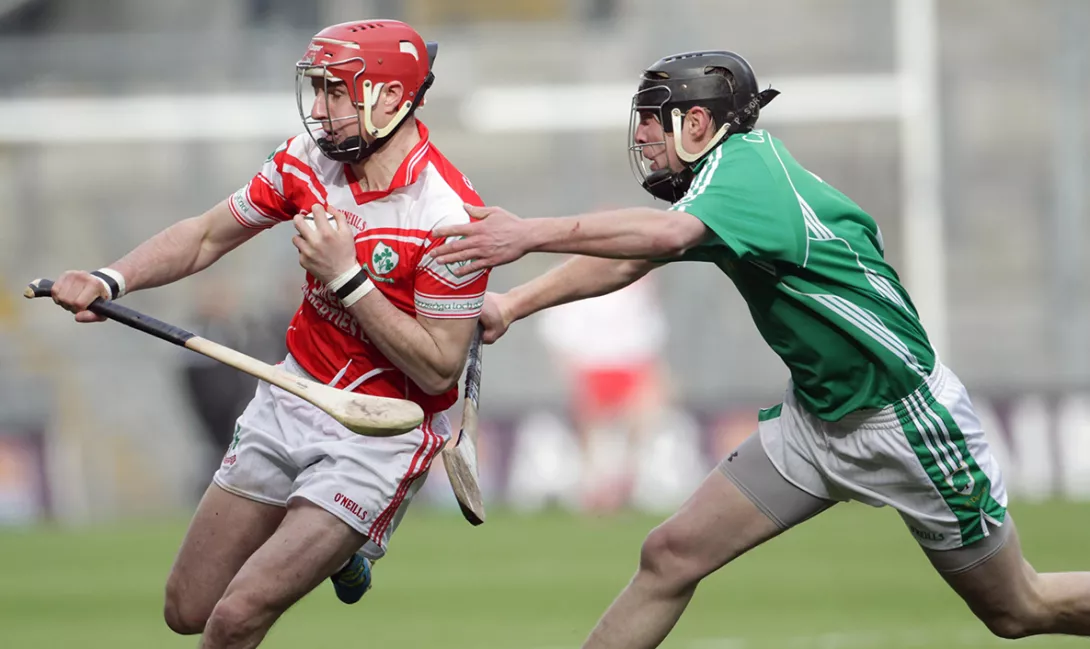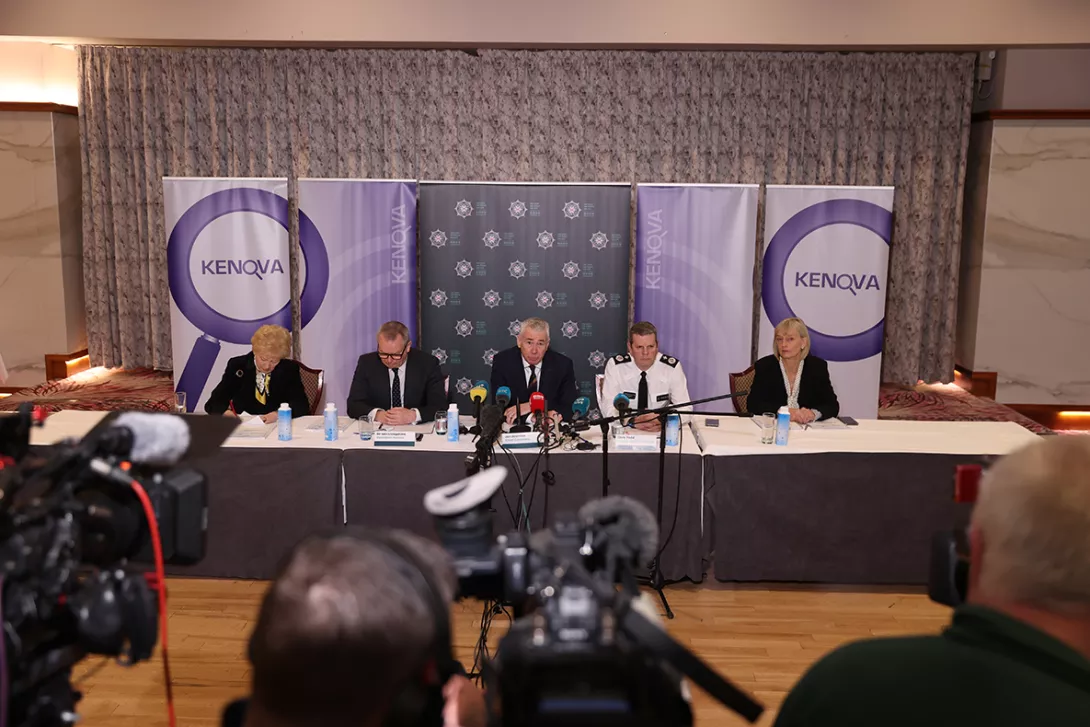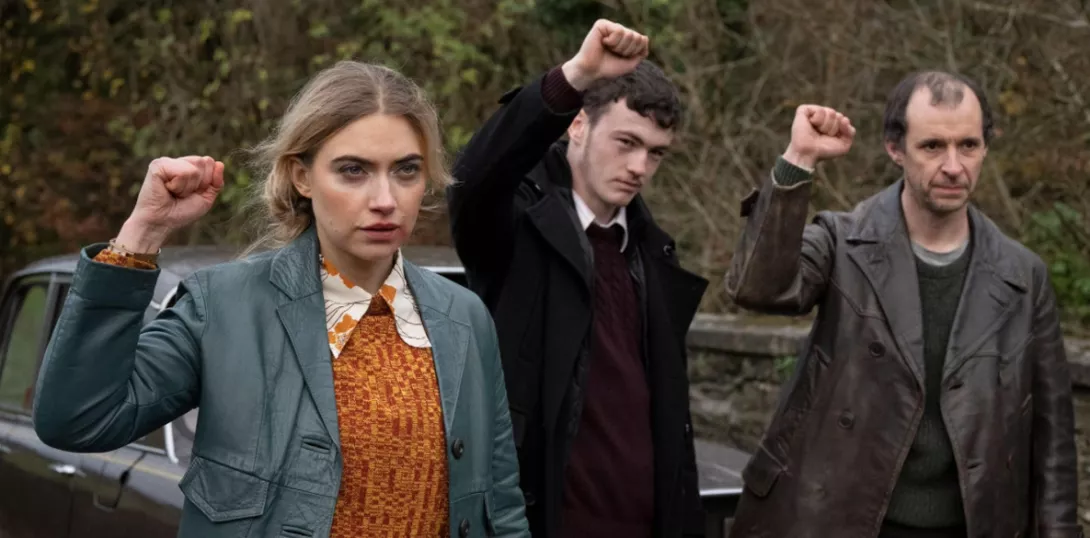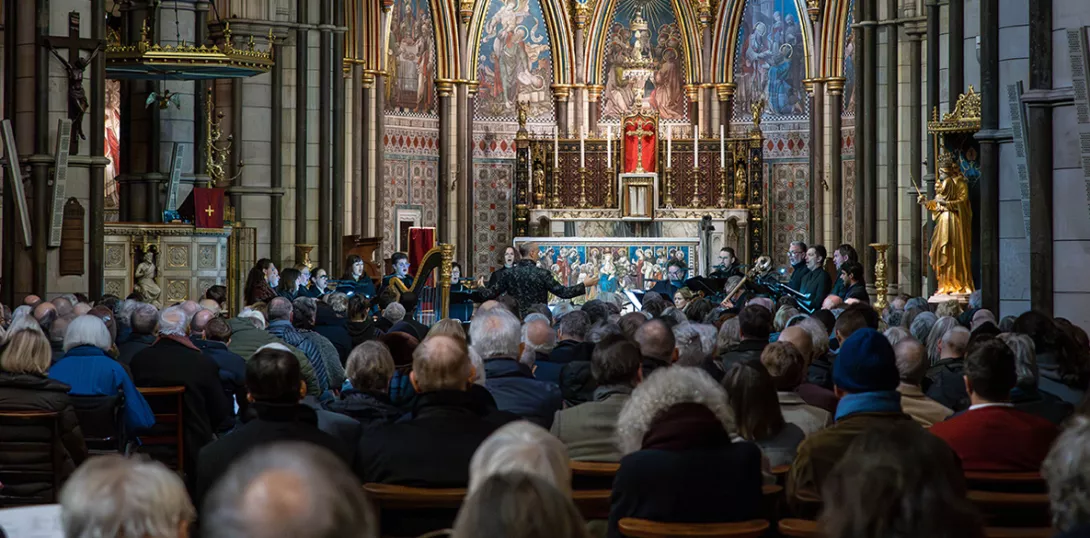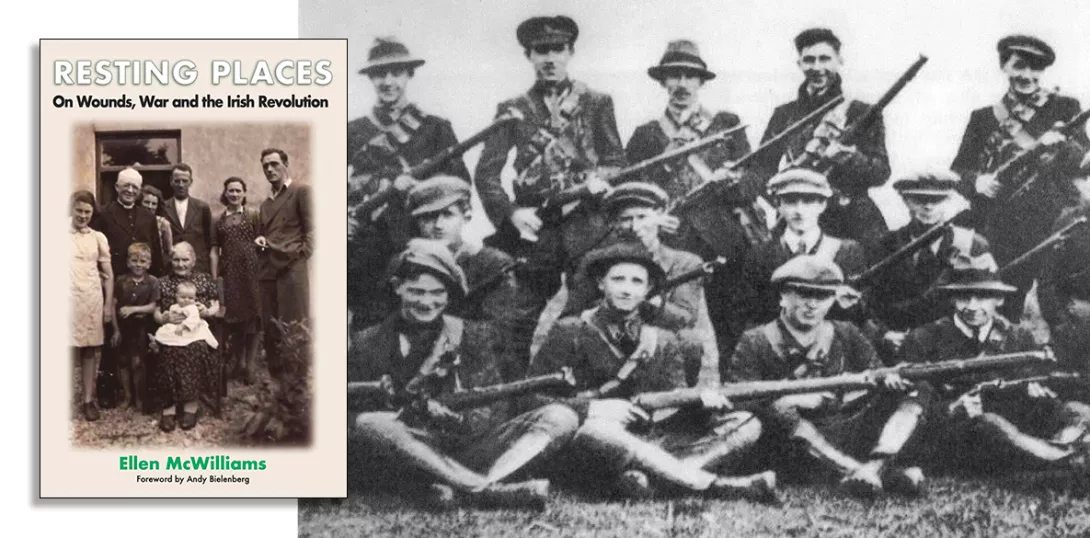
Resting Places: On Wounds, War and the Irish Revolution
Ellen McWilliams, Beyond the Pale Books, £15
“OTHERING” is a concept far more in the public eye as a result of recent discussions about racism and immigration. Resting Places serves as a reminder that it is necessary to acknowledge the truth of history, however difficult that is, and “to stand in other people’s shoes” in order to achieve personal and collective resolution. This was the success of the Truth and Reconciliation Commission in post-apartheid South Africa.
The message of the book is reconciliation and closure. Claire Mitchell, writing poetically in her fly leaf recommendation, reflecting on the power of Ellen’s writing, says: “To read it is to walk with ghosts, to time-travel, to sit with the grandchild of the Irish civil war as she navigates intergenerational trauma.”
Ellen McWilliams comes from generations of Irish Republicans. Her personal story raises the often unexplored human consequences of the fight for Irish independence and the civil war following the establishment of the Irish Free State.
The setting is West Cork where in 1921 Anti-Treaty Irish Republican Army (IRA) forces carried out a campaign against British settler families, grand country houses and suspected informers for the British occupation forces. In one such “Flying Column” raid in Dunmanway, Cork, IRA volunteer, Michael O’Neill was fatally wounded. In retaliation the IRA killed a dozen Protestants. Some were representatives of the occupying colonial state, others were unquestionably informers, but several were entirely innocent victims of what the book describes as a sectarian atrocity.
On the other side of the conflict were many victims of the excesses of the British Army and in particular the Black and Tans. McWilliams considers some of these in detail. She also helps to correct the imbalance of many previous histories of the Easter Rising, the War of Independence and the civil war by highlighting the role of women, in particular the members of Cumann na mBan (League of Women) as detailed by Denis Lordan, Quartermaster of the Third West Cork Brigade, IRA.
McWilliams challenges the reader to put aside historical attachments to one side or the other and seek to understand the hurt that lives on from such battles. Similarly the author is conflicted between the fate of her family and their comrades, and the innocent Protestant victims of Dunmanway.
Ellen sums up her painful journey of exploration through the emotions of many aspects of her life in Ireland and subsequently in England, explaining that: “Staring down the barrel of history comes at a cost, but it is a price worth paying even if... it can feel at times as if your head is splitting.”
Perhaps British government ministers should read this book in order to gain an understanding of how wrongheaded their efforts are to block any effective exploration of the impact of “the Troubles” across communities in Northern Ireland.
